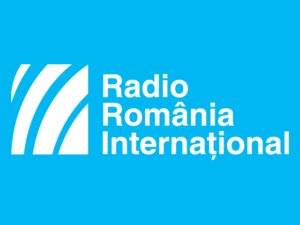Fresh European sanctions against Russia
Romania welcomes the decision made at the European Council early this week in Brussels, where the leaders of the 27 EU Member States agreed to establish a progressive embargo on Russian oil imports. Part of the so-called sixth wave of economic sanctions against Russia, which came after the invasion of Ukraine on February 24, the embargo will initially target oil delivered by sea, which means two-thirds of the total. A temporary exemption has been agreed for the oil carried by ground pipelines, urged by Hungary, a country with now exit to the sea that threatens to use its veto right if this is not accepted. The extension of the embargo on pipeline deliveries will be discussed „as soon as possible” and a total of 90% of Russian oil exports to the Union will be stopped by the end of the year. The embargo will put an end to a huge source of funding for Russia’s war machine, according to the European Council President Charles Michel. The new package of European sanctions also provides for the exclusion of three Russian banks from the Swift international financial system. It also targets Sberbank, Russia’s largest bank. Analysts say that after the previous waves of sanctions, the Russian economy is beginning to feel the effects. The price of spare parts for foreign cars has increased by 30% and more. The annual inflation, which stood at almost 18% in April, is the highest in 20 years. Famous Western companies, from the McDonald’s restaurant chain to the carmaker Renault, have withdrawn from the Russian market, and tens of thousands of people work part-time or are on forced leave.
Romanians want to see the Russian leaders convicted
Romanians are overwhelmingly on Ukraine’s side in the conflict with Russia. According to a new INSCOP poll, more than 70% of them believe Russia is to blame for the outbreak of the war, and 87% believe that the Russian leaders should be convicted of war crimes committed in Ukraine. In terms of membership in the European Union and NATO, over 80% are against leaving the two bodies. 22.7% of respondents say that Russia might occupy the neighboring Republic of Moldova (ex-Soviet, mostly Romanian-speaking), and more than two thirds (68.7%) do not believe in this possibility.











